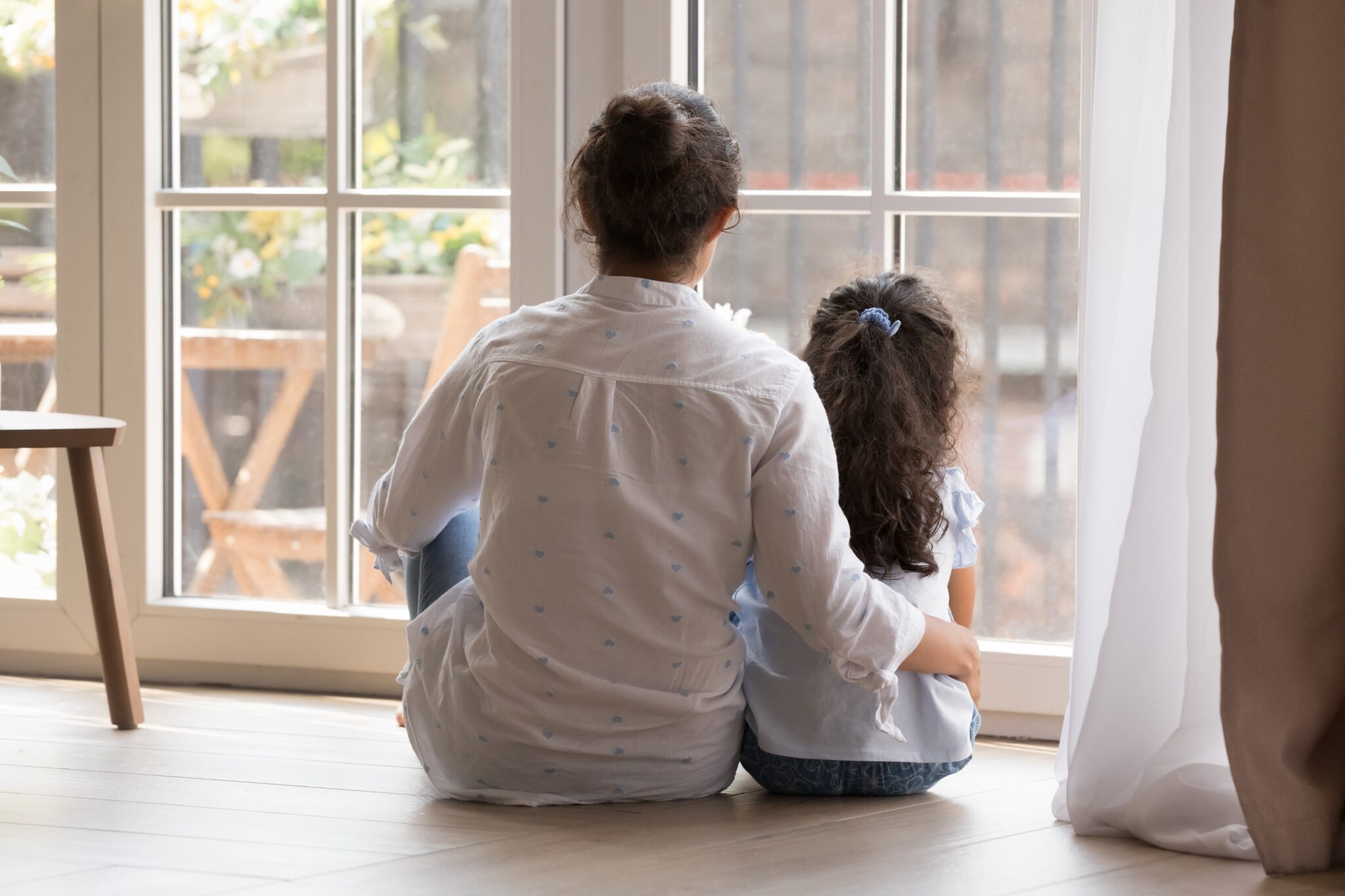Not Festive For All
Published: December 23, 2024
Blog
The lights are up, the trees are decorated and shopping centres are playing carols on rotation. Christmas is fast approaching and, for most of us, that means a time of fun, feasting, frivolity and family.
Unfortunately, though, for some people in our communities, the festive season brings heightened tensions, increased stress and overwhelming fear.
My April column was written, with a sense of outrage, about the 18 women who had been killed in Australia at that point. Now, nine months later, Destroy the Joint (1) are, tragically, reporting that 73 women have been killed in Australia during 2024, many due to family and domestic violence.
Christmas comes once a year, but the harm can last forever
The Christmas and New Year’s period in Australia is notorious amongst police, crisis support services and family violence responders for a spike in incidents (2) and demand for services. (3)
Victoria Police report that up to two thirds of all assaults reported between Christmas and New Year’s Day are related to family violence with police attending a family violence incident as often as once every 5 minutes during that period. Crisis hotlines have reported (4) spikes of 25-30 percent on Christmas and Boxing Days and relief and emergency housing demand spikes by up to 40 percent over the same period.
We also know that many family violence incidents go unreported, so this number is only representative of a portion of incidents. So, why do we see an increase in incidents over the Christmas period? (5)
Why is there more family violence in the holiday season?
Increased stress can lead to greater frequency and severity of controlling, abusive or violent behaviours. Existing financial pressures, already at extreme levels for some in this cost-of-living crisis, can be heightened at Christmas.
Stress can come from the social expectations associated with the holiday and the pressure to portray a cheerful sense of togetherness during social gatherings and interactions. Family gatherings can also create tension. The more time families spend together under difficult circumstances, the higher the chance for family conflict to escalate.
For some, the holiday period means more time at home, without the ‘safe space’ and separation that work or educational settings can provide for people living with a controlling or violent partner.
And, of course, the festive season is a time when excessive drinking and substance abuse is prevalent, and this can be a significant contributor to incidents of violence.
While the stress associated with Christmas is identified as a contributor to abusive behaviours, it’s important to remember that lots of people experience increased stress at this time of year, and most don’t use violence or abuse. Violence and abusive behaviours are never okay and there is no acceptable excuse.
The violence can take many forms
Abuse in an intimate relationship or family setting can be very specific to the individuals involved. It might involve coercive, controlling or intimidating behaviours, psychological abuse, threats, gaslighting and financial abuse. Behaviours can be subtle, targeted and nuanced and so are not always easy to identify from outside the relationship. Sometimes people are impacted by coercive behaviours in such a way that they don’t even realise that they are experiencing abuse. These behaviours can often coincide with, or be the pre-cursor to, physical or sexual violence.
Checking in on someone might just be the best gift you can give.
We can all play a part in ensuring people experiencing domestic and family violence are supported. Being aware that family violence and abuse is a serious issue that can impact anyone, regardless of their socioeconomic status, religion, age, background, education or profession is a good first step. If you have a niggling feeling of concern, don’t dismiss it.
We hold a collective responsibility to be aware and to look for the signs of violence, to be conscious that it is more likely over the festive period, and to raise awareness by talking to family and friends about the issue and about any concerns. Simply asking someone “are you safe at home?” can sometimes be the difference between a person seeking support or not.
If somebody discloses that they are experiencing domestic abuse or family violence, Safe and Equal recommend that the three most important things we can do are: (6)
- listen, without interruption or judgement
- believe and validate their experiences
- provide information that will support them to make their own choices (as much as possible) in what happens next - provide them with support and help them to find local referral services as required.
If you are a man concerned about your own, or someone else’s behaviour, there is support available via services including the Men's Referral Service operated by No To Violence.
I hope that everyone has the opportunity to celebrate, enjoy your family, friends and all of the good things that the festive season brings. At the same time, we can all be aware that not everyone is having a Merry Christmas, and checking in on your loved ones might just be the best gift you can give someone.
(1) https://www.facebook.com/DestroyTheJoint/about
(2) https://www.abc.net.au/news/2023-12-19/spotting-signs-of-domestic-abuse-these-holidays/103196246
(3) https://www.berrystreet.org.au/news/family-violence-at-christmas
(4) https://www.news.com.au/lifestyle/real-life/news-life/why-christmas-can-be-the-most-dangerous-time-for-victims-of-domestic-violence-expert-says/news-story/237ee9af8a9b50738c881341f029079c
(5) https://www.berrystreet.org.au/news/5-reasons-why-family-violence-increases-at-christmas
(6) https://safeandequal.org.au/working-in-family-violence/prevention/disclosures/
